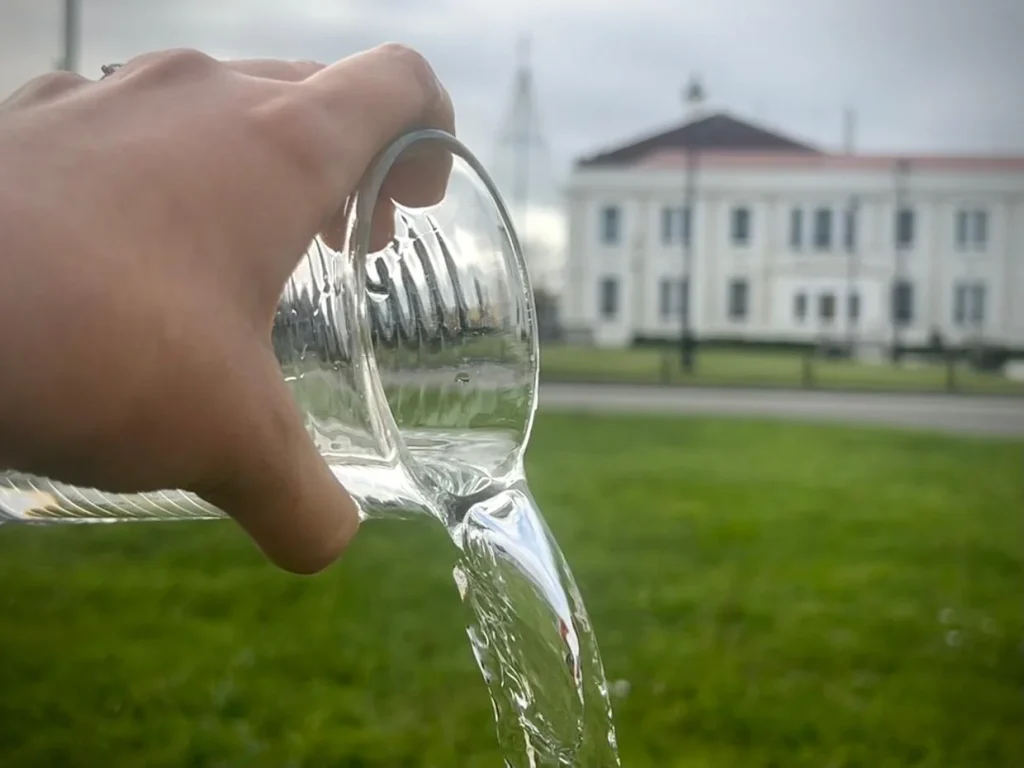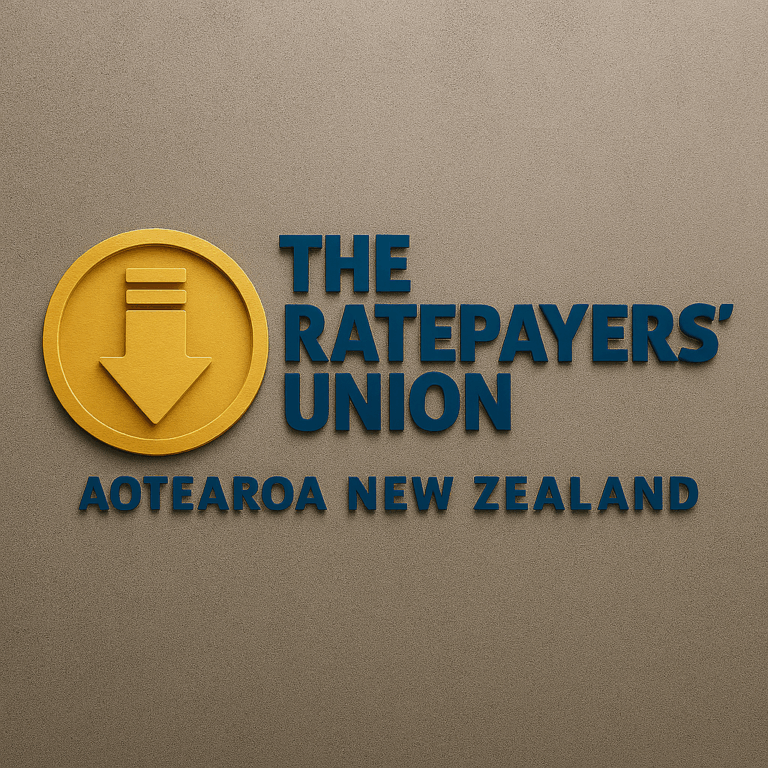Source Author PDF
Local Government Minister Simon Watts has refused to say whether the Government’s water reforms will produce lower costs for households than Labour’s Three Waters reforms.
The Government passed into law its Local Water Done Well programme on Tuesday afternoon, cementing a policy that has replaced the contentious Three Waters reforms Labour had pursued.
Local Water Done Well sets up a regime in which councils decide whether to work with their neighbours on delivering water services to meet new standards and regulation, aimed at fixing the country’s patchy drinking, waste and storm water systems.
Councils have been given a September 3 deadline to produce “financially sustainable” water service delivery plans, and plans made public so far show show some councils expect average water bills to increase significantly, or double, in the coming decade.
Watts, speaking to reporters at Parliament on Wednesday, would not say this cost was cheaper than what households would have faced under Labour’s Three Waters reforms, despite making this claim when campaigning against the policy in 2023.
“I can categorically say that the councils, as a result of our reforms, will be financially sustainable, and that is a significant and positive step forward for all councils and for New Zealanders as a result of this reform,” he said.
Asked again if water costs would be cheaper, he said, “I’m out of time”, and walked into the debating chamber.

Watts had, in a Q+A interview in 2023, said the Local Water Done Well model would not increase rates “in comparison to Labour’s Three Waters model and the status quo”.
Upon National entering Government, Simeon Brown was first appointed local government minister. Brown, when asked about the cost for households, did not strictly claim Local Water Done well would produce cheaper bills.
But pointing to the Three Waters set up cost and the funding for councils the Labour Government had planned, Brown said it “will be cheaper for ratepayers, because we won’t be spending a billion dollars — like the last government did — with nothing to show for it”.
Local Water Done Well plans produced by councils show far show average annual water bills in Christchurch are expected to increase by $900 over the coming ten years, in Hamilton by $1700, in Dunedin by $1200, and in Selwyn by $1800.
Directly comparable average household price estimates were not available with Labour’s reforms, which forecast average household costs 30 years out instead of 10.
The Labour reforms would have created 10 public water entities, instead of the more than 40 that look to be emerging from the Local Water Done Well process.
“I can categorically say that the councils, as a result of our reforms, will be financially sustainable,”

Both reform policies sought to achieve cost efficiencies through creating water entities of scale, and the Department of Internal Affairs has written letters to six councils that have decided not to join regional groupings urging them to reconsider.
Watts on Wednesday said he was unsure whether more councils had been similarly contacted. Nor would he comment on the number of water entities to emerge, before the September 3 deadline.
“We just have to wait and see … but I am expecting that there will be less water entities in the current number of councils that there are.”

